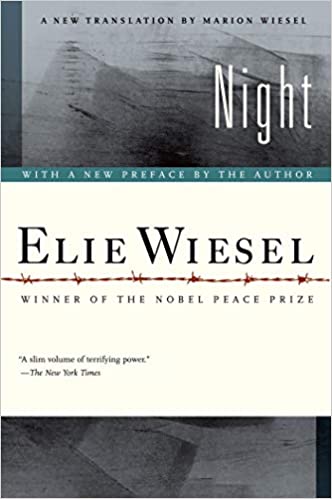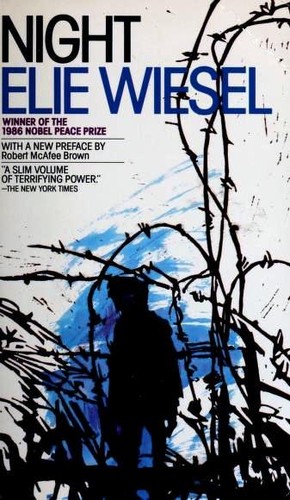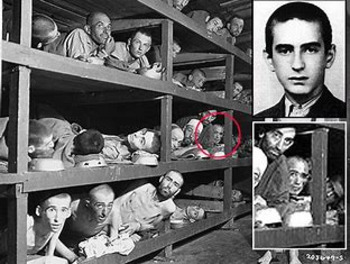Theme
In this lesson, students will identify, discuss, and write about themes in Elie Wiesel’s Night. Theme is sometimes a difficult concept for students to grasp, but it is essential to their development in literary analysis. Repeatedly remind your students that the theme of a story is the central message or idea. It says something about life, or about being human. Theme is what makes literature compelling and significant to readers.
- Ask students to list topics from the text.
- Make a master list on the board with student input. You will end with a list that looks something like the following:
• the Holocaust
• faith
• suffering
• identity
• survival instinct
• human nature
• civility vs. savagery - Explain that these are not themes – they are merely topics. A theme is what the story says about a topic
- Write the following formula on the board: Topic + Insight = Theme
- Students should copy this formula into their notes. Stress that theme is more than just topic.
- Explain that theme is different from a moral. It doesn’t state what people should or should not do. Instead, it says something about what it means to be alive. A moral might be as follows: look before you leap. While the theme from the same story might be as follows: people are often impulsive and hedonistic.
- You can use ‘faith’ as an example to explore together as a class. Ask your students what the story says about faith. What is the authors message concerning faith? Discuss.
This lesson is continued here: https://teachingnight.com/theme-statements-for-night-by-elie-wiesel/




1 thought on “Theme Lesson for Night by Elie Wiesel”